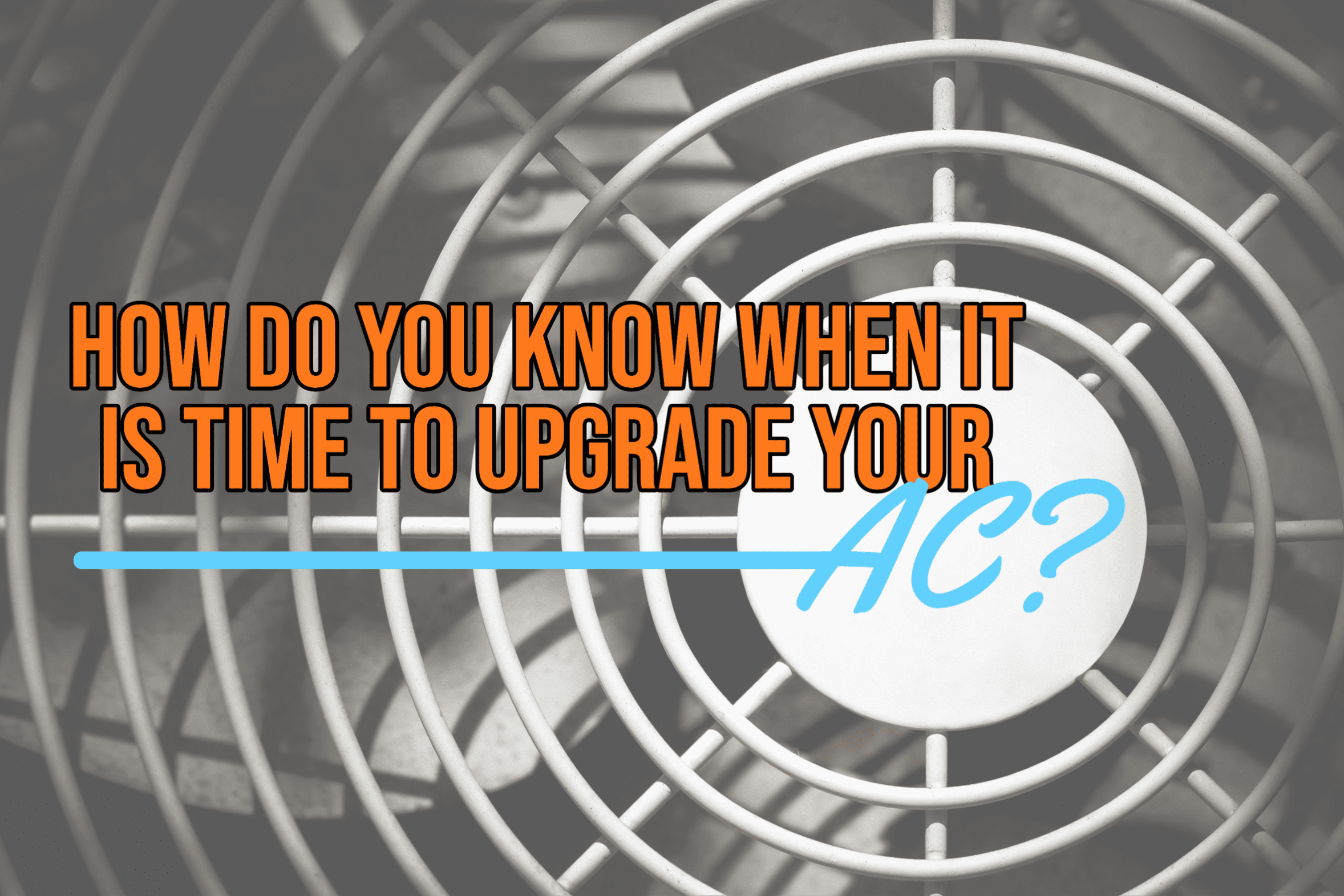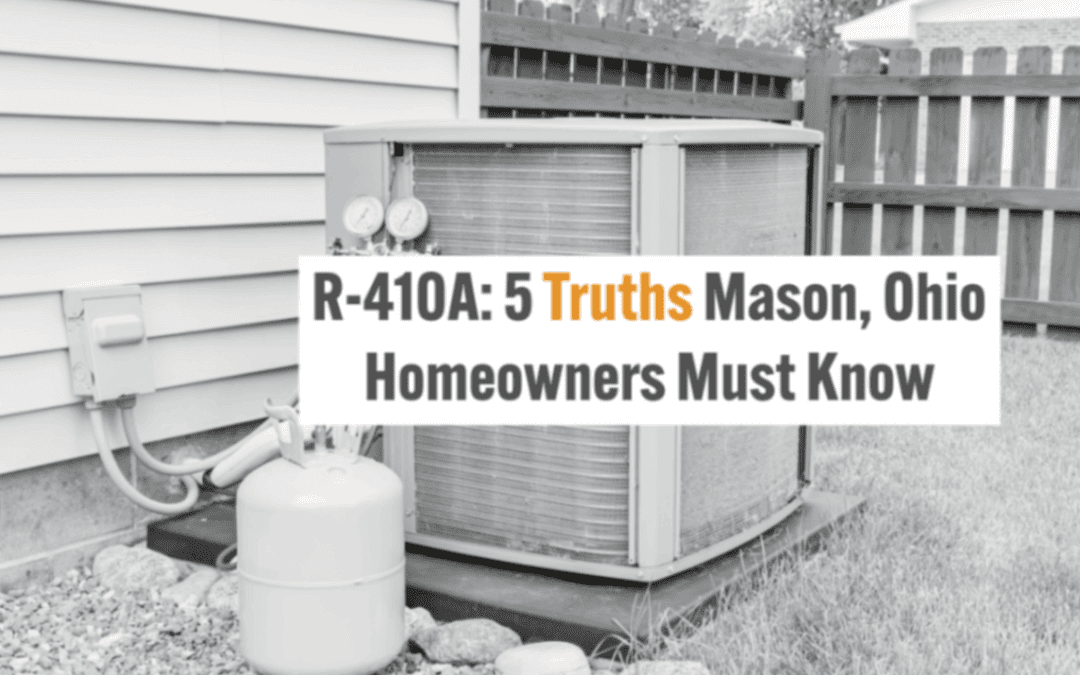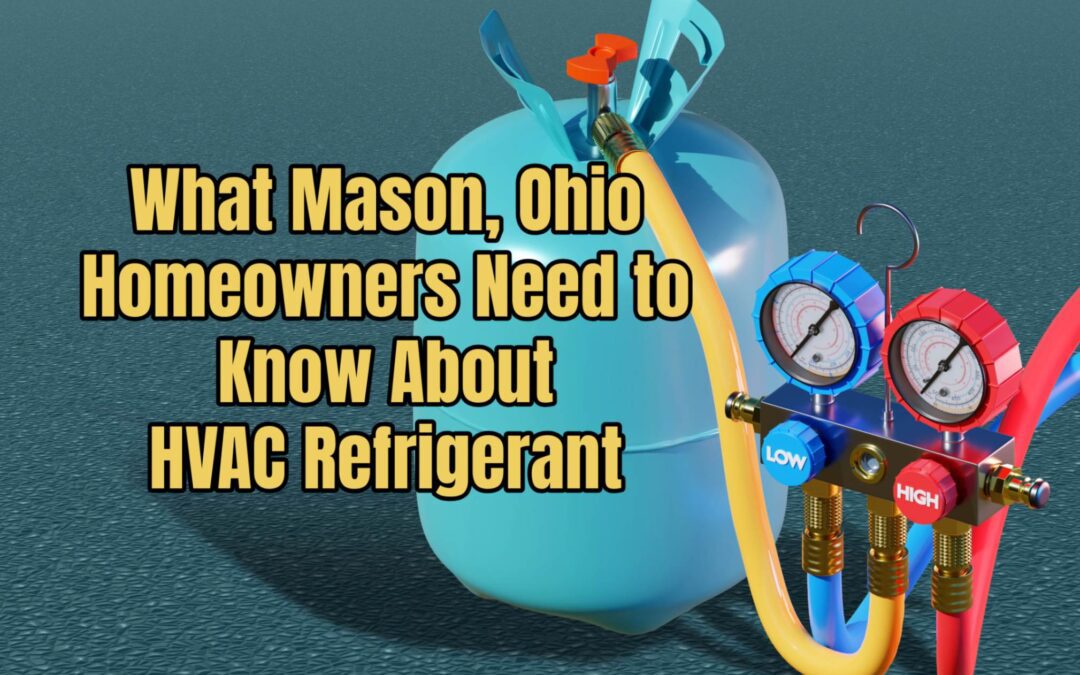Mason Heating & Air wants nothing but the best for our valued customers. And this includes remaining comfortable in your own home. Spring is here, and with that means, so is the warmer weather! If you have an older air conditioning unit, you may have been suspecting that it’s nearing its end soon – and the last thing you want is your AC to go out on you in the middle of the hottest months of the year. However, we understand there are more factors to consider than just having “an older unit.” In fact, we highly recommend reviewing all the factors involved when determining whether an upgraded AC is the best choice for your home. Look no further; all your necessary information is right here to help you make the best-informed decision possible!
WHAT IS THE AVERAGE LIFESPAN OF AN AC?
On average, air conditioning units last anywhere from 12-17 years. This, of course, is an overall average and will vary from unit to unit. The type of model you own and the care it has received over the years will affect how long an AC unit will last. However, this should give you a general idea of whether or not your particular cooling unit is on the brink of its life.
WHAT OTHER FACTORS SHOULD BE TAKEN INTO ACCOUNT WHEN CONSIDERING AN AC UPGRADE?
1. Energy Costs: If your monthly energy bills seem to be unusually high every month, no matter what you do to keep energy consumption down, your cooling unit may be the culprit. Over long periods of time, air conditioners can wear down and lose their efficiency. When this happens, your air conditioner must work harder to cool your home and regulate those temperatures. Naturally, this will increase your energy bills. Just keep in mind that your AC’s energy consumption should take up about 46% of your overall energy bill; if it’s much higher than this, it is time to start looking at upgrade options.
2. Irregular Temperatures: Not only is your air conditioning designed to cool the air within your home, but its purpose is also meant to keep that temperature the same and regulate it throughout your entire home. So, if you are encountering problems with consistently fluctuating temperatures, this is another factor that indicates your system can no longer function at its intended capacity.
3. Loud Noises, Odors, & Dust: When your AC is overloaded and overworked, it can also show signs of its own protests. Some symptoms to look out for would be loud noises, off-putting odors, and a plethora of dust.
- Noises – Most air conditioning systems will make a consistent, rhythmic humming sound when they are turned on. If yours used to do this but is now relentlessly loud, it clearly indicates that your AC is nearing its end. On the other hand, it could also mean that your current system is inappropriately sized for the specific square footage of your home, therefore overworking your AC.
- Odors – Another indication is unpleasant odors from your AC system. Mold or mildew in your ductwork or refrigerant leaks can cause undeniable odors. If the issue is caught early on, it may still be able to be rectified. If not, you may need to look at the overall picture and assess your replacement options.
- Dust – The continual appearance of dust in your home, despite how much you clean, is yet another factor you should consider. With time, ductwork can wear down, and gaps or holes can appear in your ducts, ultimately creating the issue of dust particles strews about your home. If this issue has been a thorn in your side, please call us so we can have one of our NATE-certified technicians assess the problem for you.
4. Frequent Repairs: As we already mentioned earlier, upkeep and maintenance play a huge part in the lifespan of your air conditioning unit. Regular upkeep is imperative when it comes to your HVAC system. But if you have an older unit that constantly requires repairs for this or that, it may be time to accept that your AC is officially wearing out. Although repair options are cheaper than the upfront costs of upgrading your unit, multiple repairs accumulated with the monthly costs of high energy bills add up over time. It may just be in your best interests to finally look into what upgrade options are right for your home.
5. R22 Refrigerant: Many older air conditioners require the use of R22 refrigerant, which is now an outdated and non-regulated refrigerant. This means if your unit also uses this refrigerant, refilling your system with a compatible and still regulation-compliant refrigerant can be quite costly. However, with the progression of technology, modern-day ACs are now moving away from this use of refrigerant, and we are happy to say that thanks to technology, we can now enjoy more eco-friendly, energy-efficient cooling units. Not only will these developments save you money on your monthly energy bill, but new units emit fewer carbon emissions, making the air in your home cleaner and, ultimately, much better for the ecosystem.
If you are in need of an HVAC company you can rely on, give Mason Heating & Air a chance. Call us today to schedule a free estimate and consultation. We also can discuss our financing options as well. When it comes to quality HVAC service, you want quality equipment, quality installation work, and quality customer service for years to come. Partner with us and discover what the five-star difference means! Call Mason Heating & Air today at (513) 496-2477 or schedule an appointment online now by clicking here!







